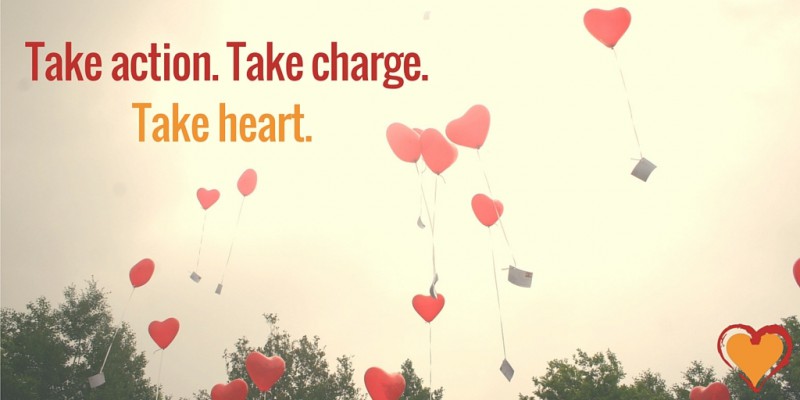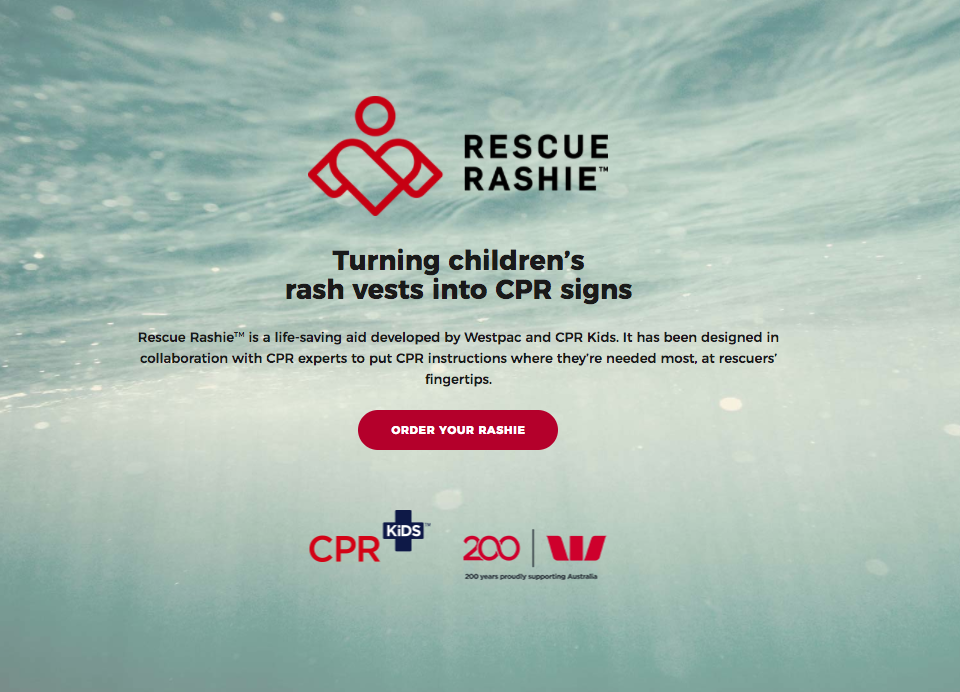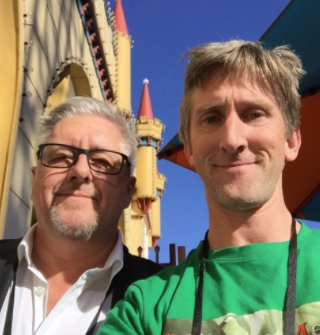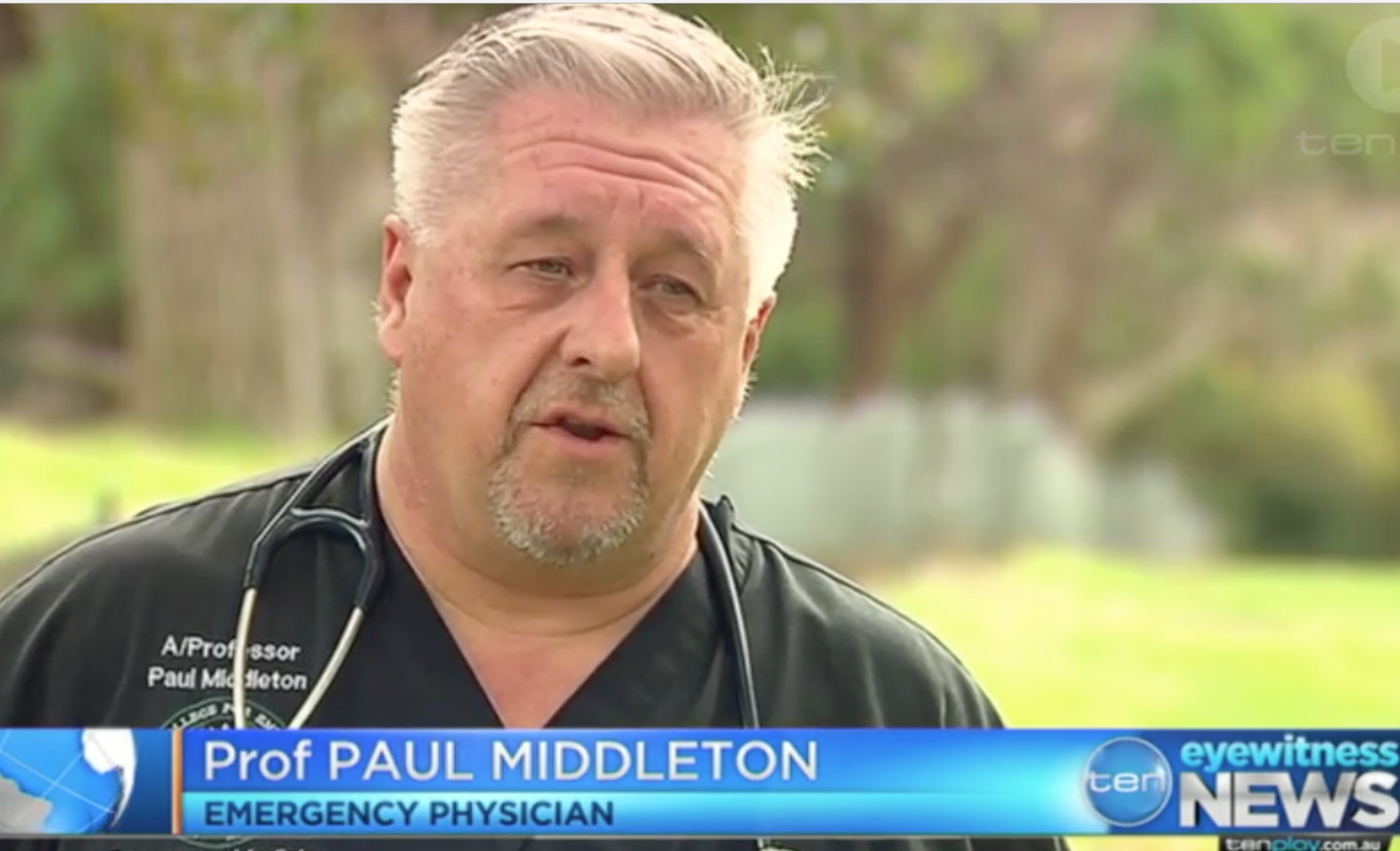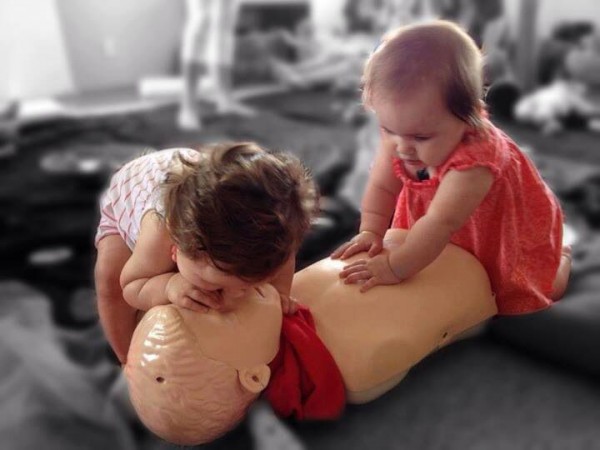
Anyone can learn the skills to save a life
November 22, 2015Resus @ The Park and Take Heart Australia
May 15, 2017“In medicine as well as in romantic poetry, it is the heart that is the center and controlling mechanics of life. If the heart stops, life stops”
Henry Grunwald wrote these lines in “Twilight – Losing Sight, Gaining Insight” where he talks about losing his vision after years as editor-in-chief of Time magazines, but they are an elegant summation of the importance of the heart to our bodies and minds, and of the consequences of it becoming still.
Sudden cardiac death, or cardiac arrest, is going to become a topic which we hear more and more about. Up to thirty thousand Australians have a cardiac arrest each year, and about 90% of them die. Deaths from cardiac arrest are three times more common than deaths from major trauma, almost four times more common than deaths from stroke, and equivalent to three quarters of all deaths from cancer.
In some other places in the world, survival from cardiac arrest can be up to 5 times that found in Australia.
Our bodies need oxygen from the air to function, and the part of us that needs it most is the brain. The brain is the most special part of a human being, with up to 100 billion nerve cells; it accounts for about 2% of body weight but uses 20% of all the oxygen in the blood.
The oxygen carrying blood is pumped to the brain by the heart. In an average person, your heart beats 80 times each minute, 4,800 times each hour and a whopping 115,200 times each day. Over the course of a year, your heart beats about 42,048,000 times, and if you live to be 80 years old, your heart beats about 3,363,840,000 times!
The problem with a fantastically specialised organ like the brain is that if it is deprived of its vital oxygen supply, it can be quickly destroyed. If the heart stops beating for the time it takes to make a slice of toast or to count to 200, there will be irreversible brain damage.
When the heart stops beating, we begin the process of dying.
A cardiac arrest can happen to anyone. Cardiac arrests can even happen to children and young adults. Experts estimate that approximately 4 people under the age of 35 suffer a cardiac arrest each week, but the causes are often different to older adults.
From the moment the heart stops beating all the cells and tissues in the body start to die, starting with the brain. The blood stands still, poisonous products of body metabolism build up in all the cells of the body, and the chances of survival drop with every passing moment. In fact, when the heart has stopped the chances of survival for that person drop by 10% each minute! This means that, except for very unusual circumstances, all cardiac arrest sufferers die within about ten minutes of the heart stopping.
This is where we hit another major problem. Across Australia, similar to the rest of the world, the minimum time taken for an ambulance to arrive at a cardiac arrest victim is about 8 minutes. There is usually some time taken for passers-by to recognise that something serious has happened and to call an ambulance, and sometimes more time taken for the paramedics to reach the victim, so that 8 minutes can quickly get much longer. However good they are, the tyranny of time often leaves them little to do.
This isn’t criticism, this is geography.
If the brain starts to suffer from brain damage because of the lack of oxygen at 3-4 minutes, and survival decreases at 10% each minute, we can see that relying solely on emergency services cannot lead to much chance of survival.
So what can be done?
The answer is that we all, as Australians, need to take the responsibility to save the life of the person standing next to us.
We all need to know about the Chain of Survival, including how to recognise cardiac arrest when it happens, how to call for emergency services, how to do High-Quality Cardio- Pulmonary Resuscitation (HQ-CPR) and how to use an Automated External Defibrillator (AED).
Currently, we have no idea how many Australians even know CPR, and we have no national register to tell us where life-saving AEDs are to be found. With the help of our friends, we intend to change this.
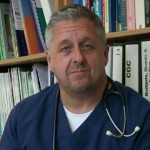
Professor Paul Middleton is a specialist in emergency and prehospital medicine and the Chair of the Australian Resuscitation Council NSW.
Paul founded Take Heart Australia in 2014 with his colleagues, after their research into cardiac arrest in Australia showed that survival in Sydney had actually decreased with time.

